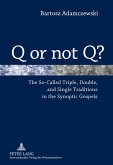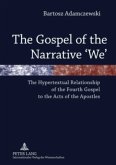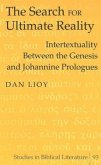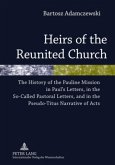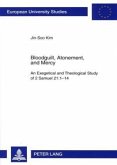This book offers a new analysis of Nathan's Oracle in 2 Samuel 7 and its echoes in the books of Samuel, Kings, and Chronicles. First, it deals separately with the main issues raised in 2 Samuel 7: the disqualification of David as temple builder and the nature of the Divine promise made to him that the House of David will rule forever. In dealing with both elements similar texts from the Ancient Near East are consulted.
After a thorough analysis of these two elements, an intertextual study is offered in which the allusions to Nathan's Oracle in the Books Samuel, Kings, and Chronicles are discussed. The purpose is to define the various functions of these allusions or echoes. This evaluation takes into account the changing circumstances of the Davidic dynasty, as well as the different agendas of the books in which Nathan's Oracle is incorporated in.
After a thorough analysis of these two elements, an intertextual study is offered in which the allusions to Nathan's Oracle in the Books Samuel, Kings, and Chronicles are discussed. The purpose is to define the various functions of these allusions or echoes. This evaluation takes into account the changing circumstances of the Davidic dynasty, as well as the different agendas of the books in which Nathan's Oracle is incorporated in.
"...it [the book] will be of value mainly for A.'s comments on and insights into the specifics of the texts he is analyzing." (Peter D. Miscall, The Catholic Biblical Quarterly)
"... dem Verfasser [ist] eine eindrückliche Analyse der textstrategischen Bedeutung und Funktion der Nathanverheißung in der historiographischen Literatur des alten Israel gelungen, die den hohen Rang dieses Textes nicht nur für die Königskonzeption, sondern auch für die Geschichtskonzeption des Alten Testaments herausstellt." (Orientalistische Literaturzeitung)
"... dem Verfasser [ist] eine eindrückliche Analyse der textstrategischen Bedeutung und Funktion der Nathanverheißung in der historiographischen Literatur des alten Israel gelungen, die den hohen Rang dieses Textes nicht nur für die Königskonzeption, sondern auch für die Geschichtskonzeption des Alten Testaments herausstellt." (Orientalistische Literaturzeitung)



